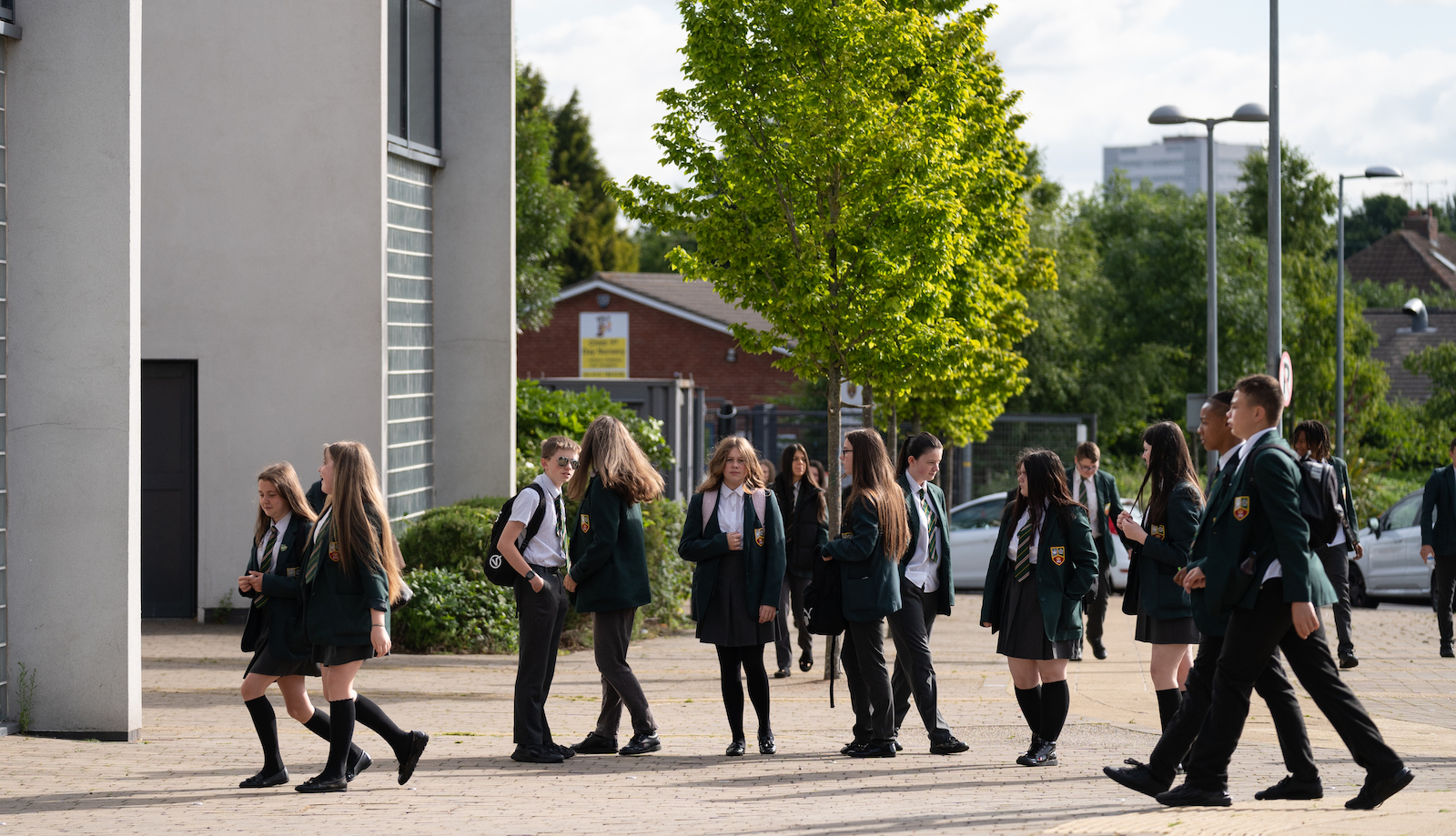Music

Key Stage 3
What will I learn in Year 7?
| Term | Topic |
| Autumn | Ukulele
Every pupil will:
Theory Every pupil will:
|
| Spring | Keyboard
Every pupil will: Compose a piece of music in response to a composition brief, that demonstrates mood or atmosphere, explores contrast within a musical element and suitably responds to the brief. Theory Every pupil will:
|
| Summer | Ensemble Project
Every pupil will demonstrate a range of skills while learning a song as a whole class
|
What will I learn in Year 8?
| Term | Topic |
| Autumn | Film Music
Every pupil will:
Theory Every pupil will:
|
| Spring | Keyboard
Every pupil will: Compose a piece of music in response to a composition brief, that demonstrates mood or atmosphere, explores contrast within a musical element and suitably responds to the brief. Theory Every pupil will:
|
| Summer | Ensemble Project
Every pupil will demonstrate a range of skills while learning a song as a whole class
|
What will I learn in Year 9?
| Term | Topic |
| Autumn | Musicals
Every pupil will:
|
| Spring | Pop Music
Every pupil will – Every pupil will identify common structures and other features in popular music. – Compose a piece of music in response to a composition brief, that develops musical ideas, uses contrasting musical elements, effectively writes for their choice of instruments, is well organised and structured and suitably responds to the brief. |
| Summer | Ensemble Project
Every pupil will demonstrate a range of skills while learning a song as a whole class
|
Key Stage 4
Course – GCSE Music
Exam board information – Eduqas
Exam Specification Code – C660QS
What will I learn in Year 10?
| Term | Topic |
| All year | Performance coursework
Every pupil will complete their solo performance coursework so that it can be graded and submitted to the exam board. The performance will be marked on an awareness of accuracy (of rhythm, pitch and tempo), control (Intonation, use of instrument, projection) and musicality (expression and communication). Pupils will also start taking peripatetic lessons on their chosen instruments, if they haven’t started already. Composing coursework Every pupil will complete their free composition coursework so that it can be graded and submitted to the exam board. The composition will be marked on an awareness of accuracy (of rhythm and pitch), control (technique and projection) and musicality (expression and communication). |
| Autumn | Film Music
Every pupils will analyse examples of film music, and describe and analyse the musical features they can hear and see in music scores. GCSE Set Works To analyse the key musical features of the GCSE set works Badinerie by J.S. Bach (final movement, Orchestral Suite No.2 in b minor) and Africa by Toto. |
| Spring | Jazz & Blues
Fusion
|
| Summer | Classical Devices and Structures
Learn how to identify musical devices including sequences, imitation, motifs, ostinatos and drones/pedals as well as binary, ternary, rondo and variation structures. |
What will I learn in Year 11?
| Term | Topic |
| All year | Performance coursework
Every pupil will complete their ensemble performance coursework so that it can be graded and submitted to the exam board. The performance will be marked on an awareness of accuracy (of rhythm, pitch and tempo), control (Intonation, use of instrument, projection) and musicality (expression and communication). Pupils will also start taking peripatetic lessons on their chosen instruments, if they haven’t started already. Composing coursework Every pupil will complete their composition brief coursework so that it can be graded and submitted to the exam board. The composition will be marked on an awareness of accuracy (of rhythm and pitch), control (technique and projection) and musicality (expression and communication). Exam preparation and revision Pupils will: – Revise all topics needed for the exam – Practice the exam technique needed for certain types of exam questions (e.g. 10 mark extended question) GCSE Listening and Appraising Exam To analyse 8 extracts of music including the set works (Badinerie by J.S. Bach and Africa by Toto) and answer a range of questions about their musical elements by listening to extracts and analysing music scores. |